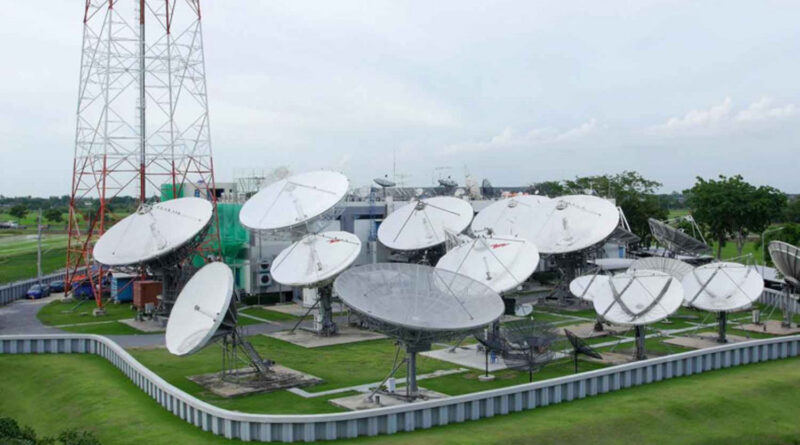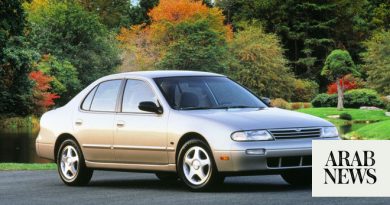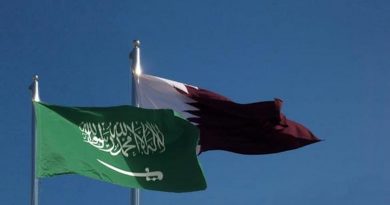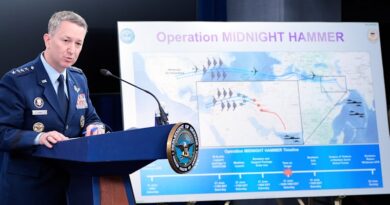US calls for access to telecom market
NBTC disagrees with American demands
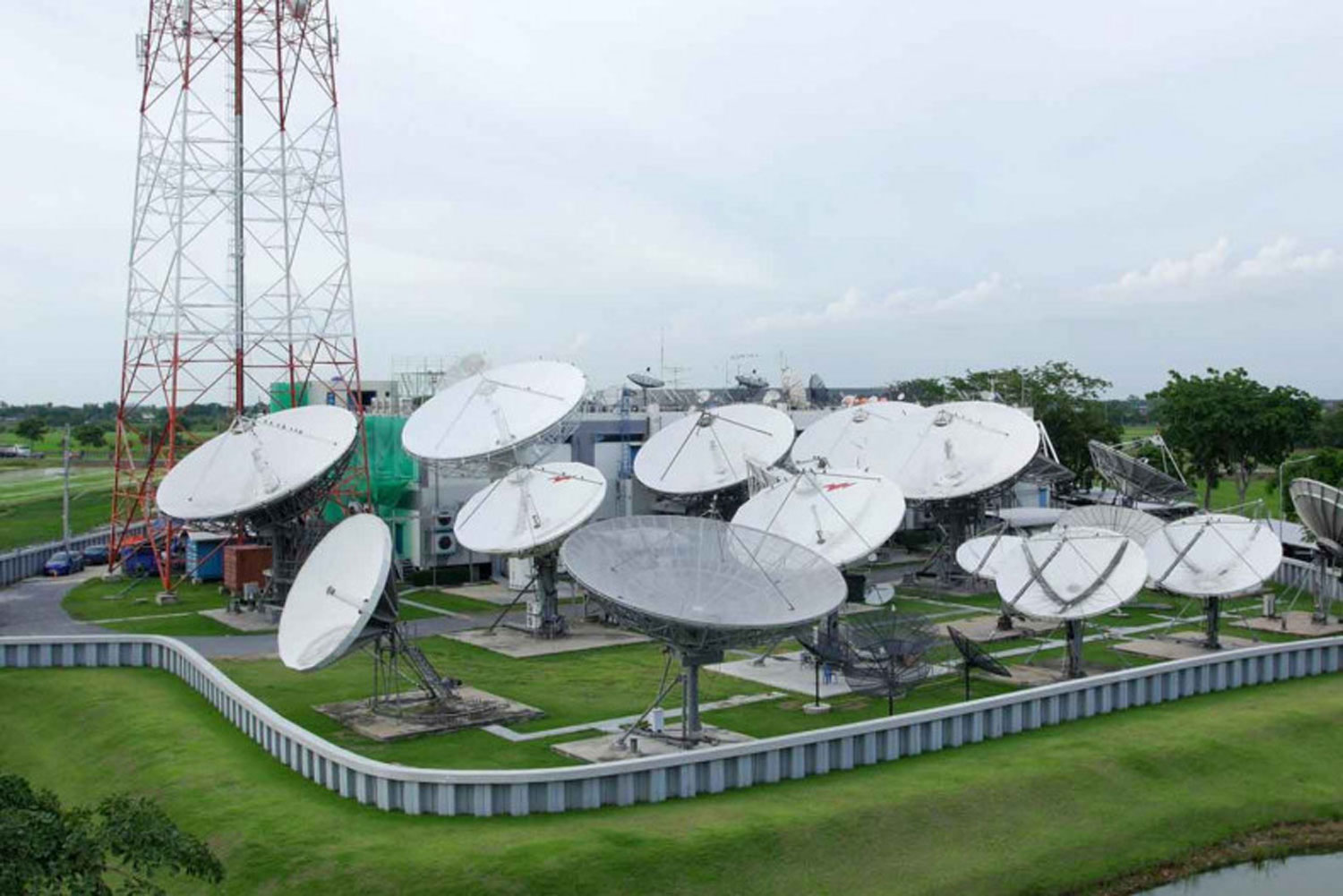
Management of the National Broadcasting and Telecommunications Commission (NBTC) disagrees in principle with a US demand that Thailand should fully open up the local telecom market to foreigners, especially satellite services, as part of recent tariff negotiations.
Thailand’s type-3 telecom licence is closed to maintain the country’s national security, according to a source at the Digital Economy and Society (DES) Ministry who requested anonymity.
The type-3 licence is for operators providing telecom services to a large number of consumers via their own networks. Competition from foreign players is expected to widely affect the public market, noted the source.
Laws limit foreign shareholding for this licence type to a maximum of 49%.
In addition, the source said the US asked Thailand to define the WiFi frequency standard here as the upper band of 6 gigahertz, or between 5700 megahertz and 7100MHz.
The US operates its WiFi system on some bands, including the 6GHz band.
Thailand’s WiFi network operates on the 2400MHz-2483.5MHz and 5150MHz-5850MHz bands. The upper band of 6GHz is being tested for telecom service.
In Thailand, the provision of a WiFi service does not require a spectrum licence, but all related devices have to comply with NBTC standards.
The source said the NBTC is considering the two US requests.
The regulator needs to discuss the issues with related agencies, especially the Finance Ministry and the Department of International Trade Negotiations (DITN).
Talks are scheduled for a final decision by mid-September, the source said.
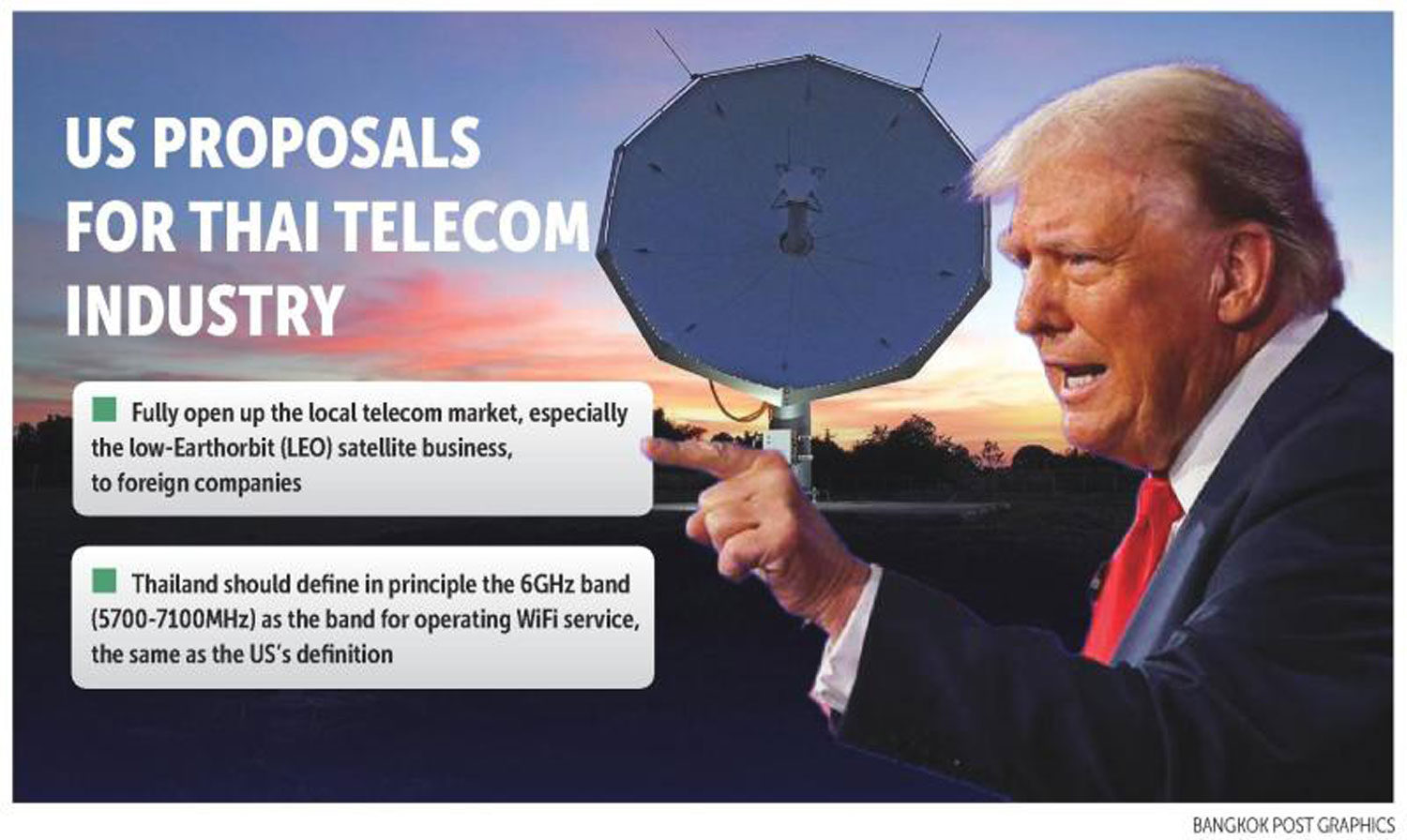
Difficult proposals
The DES Ministry source told the Bangkok Post it would be difficult to adopt the proposals as they conflict with the regulator’s rules and laws.
“If we comply with the US requests, the government will have to amend NBTC law and regulations,” said the source.
The source added the NBTC disagrees with defining the upper band of 6GHz for WiFi, as well as allowing foreign companies to operate telecom businesses through a 100%-owned juristic entity in Thailand.
The NBTC and related parties will seek resolution of the WiFi proposal first, the source said.
NBTC management will submit its opinions on the US proposals to the regulator’s board meeting on Sept 3, according to an NBTC source who requested anonymity.
The DITN is scheduled to discuss the US tariff measures with all relevant parties on Aug 28 and Sept 8-9.
The NBTC is expected to ask management to give their opinions on the telecom issues at the meetings.
The DES Ministry source said the US telecom demands are complicated and sensitive issues, and have to be carefully handled by the government and related agencies.
The licensing regime for operating telecom services using foreign satellites is split into three categories: gateway licences, landing rights licences, and service licences.
All three licences require operations through Thai companies or joint ventures with foreign shareholding limited to 49%.
Two Thai companies provide telecom services via their foreign partners’ low-Earth orbit (LEO) satellites: Thaicom under a partnership with Globalstar, and National Telecom under a partnership with Eutelsat OneWeb.
Representatives of the Starlink satellite internet constellation expressed interest in investing and operating an LEO satellite business in Thailand, said the DES Ministry source.
Starlink said it is considering setting up a wholly-owned company in Thailand to invest in all facilities and operations.
The NBTC told Starlink these methods may conflict with the rules of supervisory agencies monitoring foreign businesses in Thailand.
Source – Bangkok News

